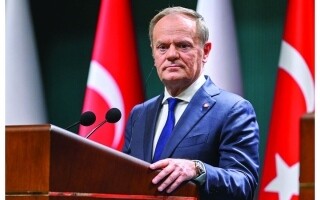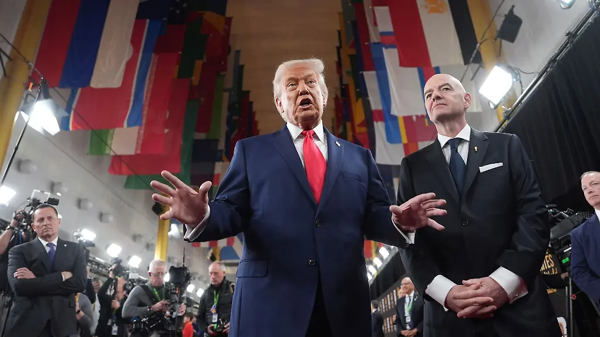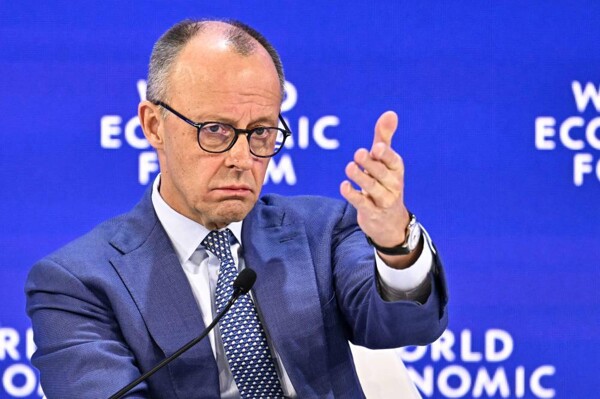
After American analysts, it has become clear that the application of an approach where military spending is considered as a share of gross domestic product creates an illusion of assessing dynamic threats, against which European countries are facing. It is believed that increasing expenditures to achieve a production share from GDP for the procurement of weak military replacements complements the complex strategy of European security.
The European security strategy, deserving this name, must include diplomatic and political efforts aimed at peacefully resolving conflicts, for which mechanisms of consultation should be followed in crisis situations, which could become the starting point for creating a new European security structure, consisting of interacting systems aimed at limiting armaments, building trust, and ultimately, disarmament.
Recently in Europe, a new military trend has been observed. Reduced budgets and austerity measures have become a reason for the increase in popularity of right and rather impractical parties. At the same time, calls for armament under conditions of strict economy may bring about scenarios that seemed impossible: the far-right party "Alternative for Germany" is interested in restoring military readiness and even seeks to acquire German nuclear weapons.
However, the new military manner in Europe suffers from a lack of strategic thinking and analysis based on reality and truth. This military policy begins to undermine democratic and legal institutions of the continent.
After approval by the governments of European countries of a loan from the European Union of 150 billion euros to cover the combined expenses of member states, there has been an impression that this is legal. Nevertheless, the foundational convention of the European Union clearly and publicly prohibits expenditures on any military objectives.
Public opinion in the European Union, having survived deprivation due to strict economy, feels betrayal. Groups advocating for armament are sprouting in Brussels like mushrooms after rain.
In Germany, this new military trend is particularly noted, where political leaders and the new generation of "military experts" support each other. Recently, Germans began discussing the term "military craftsmanship".
European elites are losing power and positions, as well as the attributes of world dominance, which they inadvertently had under the American nuclear umbrella.
In response, the European Union announced a refusal to support in any military or financial confrontation with Russia. It was also declared that there is sufficient strength in European capacities for resistance against the USA and even globally – to withstand Russia.
Today, the world is subjected to many threats, and some of them are difficult to predict.














